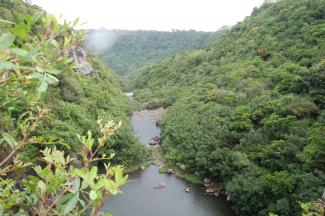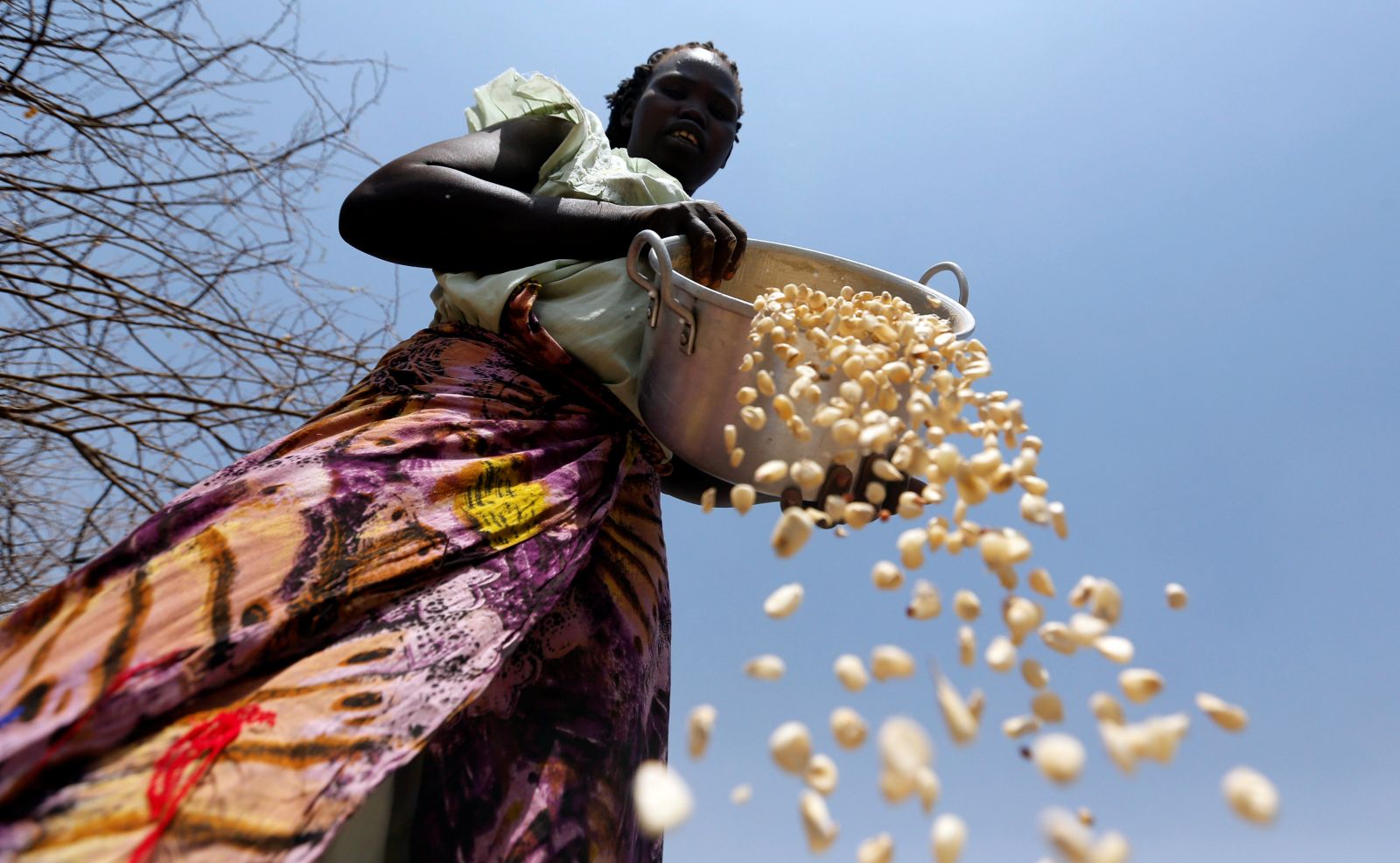Our view
Human action

Three hundred years ago, deforestation and resource extraction had become so bad in Germany that the paradigm of sustainability was invented. It applied only to forestry initially. The idea was to keep forests stable by not cutting down more trees than regrow over a certain time span. Today, the international community demands sustainability in all industries. Short-term profiteering is often based on excessive resource extraction nonetheless.
Today, about one third of Germany has a forest cover once again. Internationally, however, deforestation keeps getting worse. In particular, the huge tropical forests, which are of great climate relevance, are being destroyed. The most prominent example is the world’s largest forest system in the Amazon basin. Deforestation rates there had actually declined for a while, but then started to increase again, with things getting especially bad after Jair Bolsonaro became president of Brazil.
Agriculture, the timber industry and mining are depleting forest areas elsewhere too – from Siberia to the Democratic Republic of the Congo. The damage is tremendous, especially where primary forests disappear. They are the habitats of most terrestrial animal and plant species. The erosion of biodiversity is depressing and not only for sentimental reasons. Food security and human health depend on biodiversity, and that is especially true in low-income countries.
Local communities are affected worst. They not only live in the forest, but their livelihoods depend on the forest. They use the resources sustainably, and many belong to indigenous peoples. However, their rights tend to be violated, their habitats eroded and their essential resources depleted.
Deforestation alters regional climates moreover. Patterns of rainfall change and desertification intensifies. Of course, deforestation also exacerbates global climate change. Dead trees release carbon, and storage capacity is lost.
In some countries, forest protection has improved, for example in Indonesia. The international donor community is making efforts to support such action by setting appropriate incentives and helping to implement programmes. It is also true, however, that the consumerism of high-income countries is a driver of deforestation. Environmental destruction is financially lucrative because of their demand for things like timber, soy and palm oil. Soybeans are needed for meat production, and palm oil is used as a fuel and as a component of food and cosmetic products.
In recent months, deforestation has made headlines as forest fires in Brazil and later bush fires in Australia attracted global attention. Disasters of that kind are shocking. Hopefully, they will eventually trigger preventive action. It actually does not make much difference whether forests are set ablaze intentionally or whether fires result from unusual heat and dryness. Either way, human behaviour is the root cause. To some extent, this is actually good news. It means that deforestation is not our fate. It is up to us to stop it.
Katja Dombrowski is a member of the editorial team of D+C Development and Cooperation / E+Z Entwicklung und Zusammenarbeit.
euz.editor@dandc.eu










